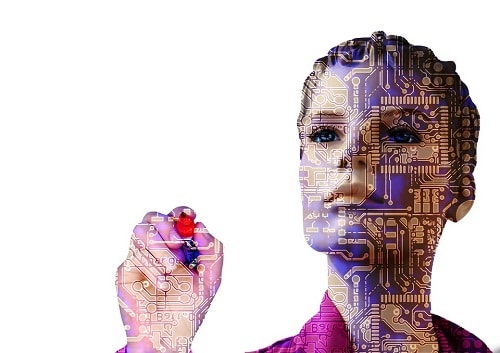By ChatGPT

A cobot, short for ‘collaborative robot’ is a type of robot designed to work alongside people in a shared workspace or environment.
While cobots are commonly associated with industries like manufacturing and logistics, they are now finding workplace applications in the hospitality industry. In hospitality cobots can assist with various tasks, enhancing operational efficiency and improving customer experiences.
Here are a few examples of how cobots are being used in hospitality:
Concierge Services: Cobots can serve as automated concierge assistants in hotels and resorts. They can provide information to guests, guide them to their rooms or facilities, and answer frequently asked questions. These cobots can be programmed with multiple languages to cater to a diverse range of guests.
Room Service and Delivery: Cobots can be utilised to deliver items to guest rooms, such as towels, toiletries, and food orders. With built-in sensors and mapping capabilities, they can navigate through hotel corridors and use elevators to transport items efficiently and reliably.
Cleaning and Housekeeping: Cobots can work alongside housekeeping staff to perform routine cleaning tasks. They can autonomously vacuum floors, clean surfaces, and assist with linen and waste management. By taking care of repetitive and physically demanding tasks, cobots can free up people to focus on more complex or guest-centric responsibilities.
Food and Beverage Services: Cobots can be employed in restaurants or cafeterias to assist with food preparation, such as cutting, stirring, or mixing ingredients. They can also operate as automated bartenders, mixing and serving drinks with precision and consistency.
Customer Service and Reception: Cobots can be stationed at hotel reception desks or information centres to greet guests, provide check-in assistance, issue room keys, and offer general information about the hotel’s facilities and services.
Entertainment and Guest Engagement: Cobots can be programmed to provide entertainment and engage with guests. They can perform dances, showcase interactive displays, or act as guides during tours of the hotel premises.
It’s important to note that while cobots can automate certain tasks in hospitality, the human touch and personal interaction remain crucial in providing exceptional guest experiences. Cobots are meant to assist and augment human staff, improving efficiency and allowing them to focus on more specialized services that require human attention and creativity.
I hope you enjoyed reading, or listening to ChatGPT’s ‘thoughts’ through the AI at the top of this page, on how cobots can help to alleviate people and skills shortages in hospitality.

